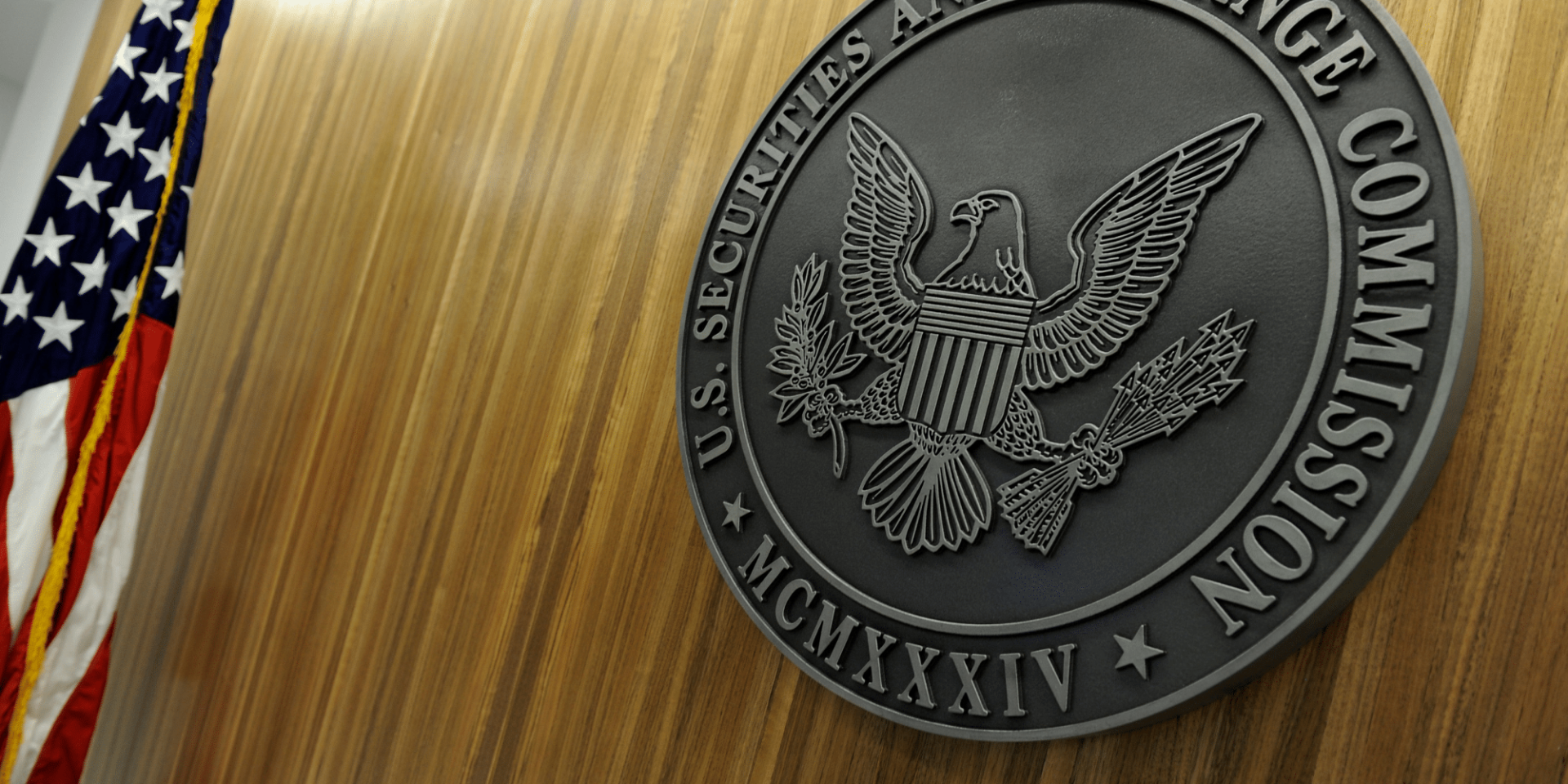Cryptocurrency regulation has been a matter of discussion in the United States for a while now, and it appears to be that the same might be coming to an end soon.
At the same time, cryptocurrency regulation could also witness a dynamic power shift from the Securities & Exchange Commission (SEC) to the Commodities and Futures Trading Commission (CFTC.)
Cryptocurrency Regulation Is on the Way
A few days ago, the draft copy of a bill from the Senate Legislative Council titled ‘Lummis-Gillibrand Responsible Financial Innovation Act” was leaked. The bill, in its entirety, was basically a proposal for a set of regulations to provide for responsible financial innovation and to bring digital assets within the regulatory perimeter.
However, that very day the bill was introduced into the Senate by Senators Cynthia Lummis (R-Wyo) and Kirsten Gillibrand(D-N.Y.). While the bill covered all aspects of crypto, it had a little more focus on DAOs and DeFi.
Firstly, as per the bill, Decentralized Autonomous Organizations (DAOs) were required to be registered with the responsible authorities to operate with tax benefits in the United States. The same conditions were applicable in the case of cryptocurrency exchanges and stablecoin providers.
Secondly, the bill would extend power to a bunch of other regulators as well to investigate and advise on additional regulations. Since the authorities intend to make regulations even more strict than banks and other financial institutions currently do, this bill is beneficial mainly for long-term players and not short-term.
The third and most critical change the bill would bring is that a lot of the crypto assets would be placed under the jurisdiction of the CFTC (Commodity Futures Trading Commission) by clearing up securities law.
Put simply, this would take the regulatory powers away from the Securities and Exchange Commission (SEC), which has been after cryptocurrencies for quite some time now.
SEC’s Efforts Against Crypto
The most widely known instance of the SEC’s actions against cryptocurrencies is the ongoing lawsuit it filed against Ripple. The company behind the XRP token was accused of raising more than $1.3 billion through illegitimate means.
The case that began in December 2020 has now gone on for almost a year and a half, with eventual revealings in the case leaning the odds in Ripple’s favor.
This February, the SEC also fined the lending and trading platform BlockFi $100 million in fines after the platform violated the registration provisions of the Investment Company Act of 1940.
As BlockFi failed to register the offers and sales of its retail crypto lending product with the SEC, it bore the highest fine ever placed by the SEC in its history.
CFTC Takes a Shot Too
Despite not being entirely responsible for Crypto related products, CFTC hasn’t held back in its actions. CFTC filed a complaint against crypto exchange and custodian Gemini Trust Company LLC. in the U.S. District Court.
The charges as per the complaint pertained to Gemini making false or misleading statements of material facts or omitting to state material facts to the CFTC in connection with the self-certification of a bitcoin futures product.
Although the particulars of the case date back to 2017, CFTC filed the complaint earlier this month, on June 2.
With such efforts already in place, CFTC’s Commissioner Summer Mersinger believes that her agency could soon become the primary regulator for cryptocurrencies and affiliated offerings.
Commenting on the same during the Reuters Commodities Trading USA conference yesterday, Mersinger said,
“You’re seeing the industry coalesce around the CFTC becoming the primary regulator. We’re still a strong regulator but our registrants have a lot of flexibility. They have been very interested in that approach versus the top-down way of some other financial regulators”.
However, even if CFTC does become the primary regulator, SEC would still be responsible for the crypto assets labeled as ‘securities.’
However, what’s to be noted here is that the bill does not have a lot of support from the legislation and might not pass. But should it ever do, the crypto industry might respond negatively given the stringent regulations, but if it doesn’t, it’ll be a brighter future for crypto in America.






































